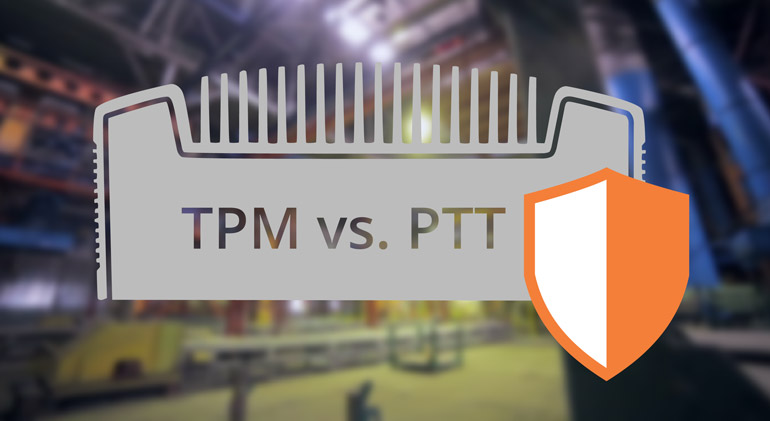I know window 11 is release in 2025. Why does a non military computer need TPM? I am part of this is MS wants users to but new systems this is why they are requiring TPM 2.0. MS states why " TPM 2.0 is a "critical building block" for Windows Hello" which I will admit I never use.
I contacted gigabyte support cause my Z370 -D3 has a TPM header and TPM chip was compatible which they had a webpage of compatible TPM modules . this was the reply
"You will not need to purchase a physical TPM module, since your motherboard supports PTT (Platform Trusted Technology). This is a software level TPM and will work for Windows 11". I will see if this is correct in 2025 my CPU is supported its a Intel i5 8500. Maybe there will be a update for the PTT software if that is possibility?
I contacted gigabyte support cause my Z370 -D3 has a TPM header and TPM chip was compatible which they had a webpage of compatible TPM modules . this was the reply
"You will not need to purchase a physical TPM module, since your motherboard supports PTT (Platform Trusted Technology). This is a software level TPM and will work for Windows 11". I will see if this is correct in 2025 my CPU is supported its a Intel i5 8500. Maybe there will be a update for the PTT software if that is possibility?



